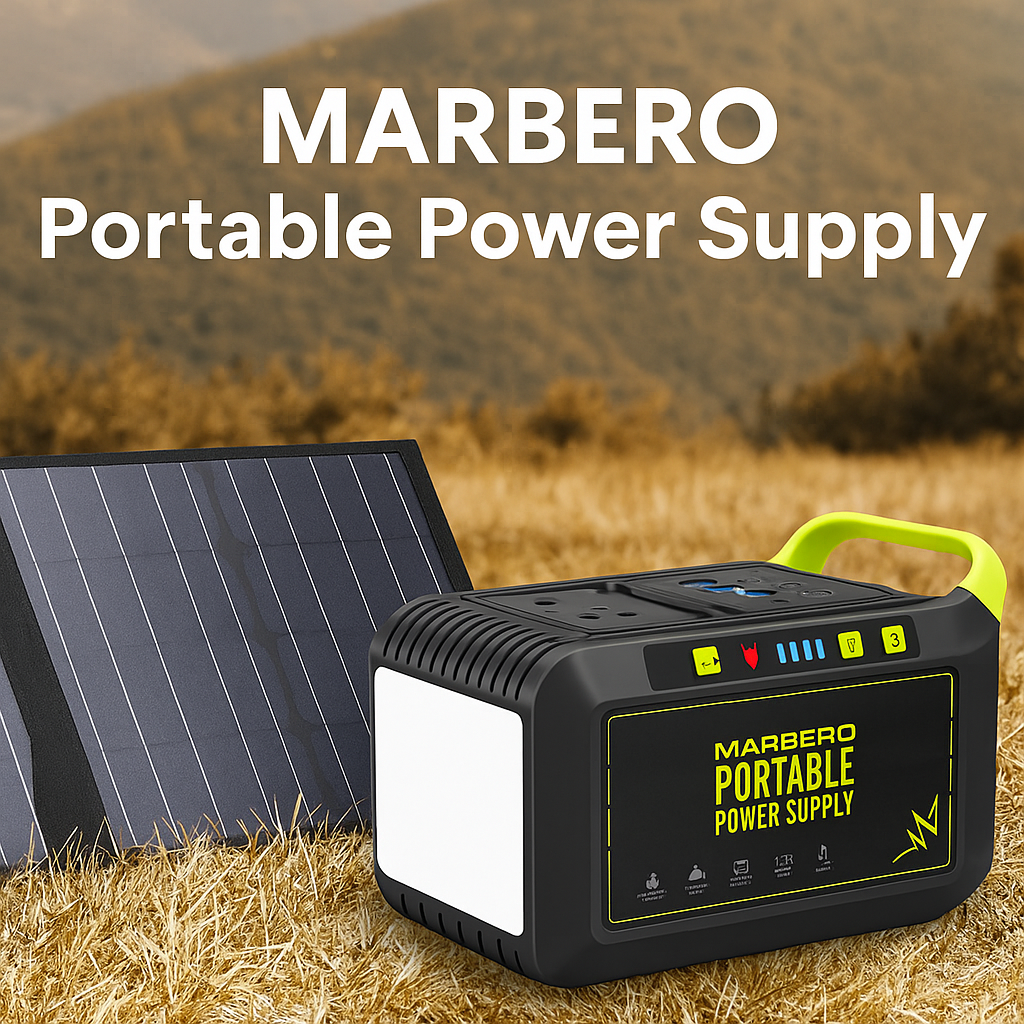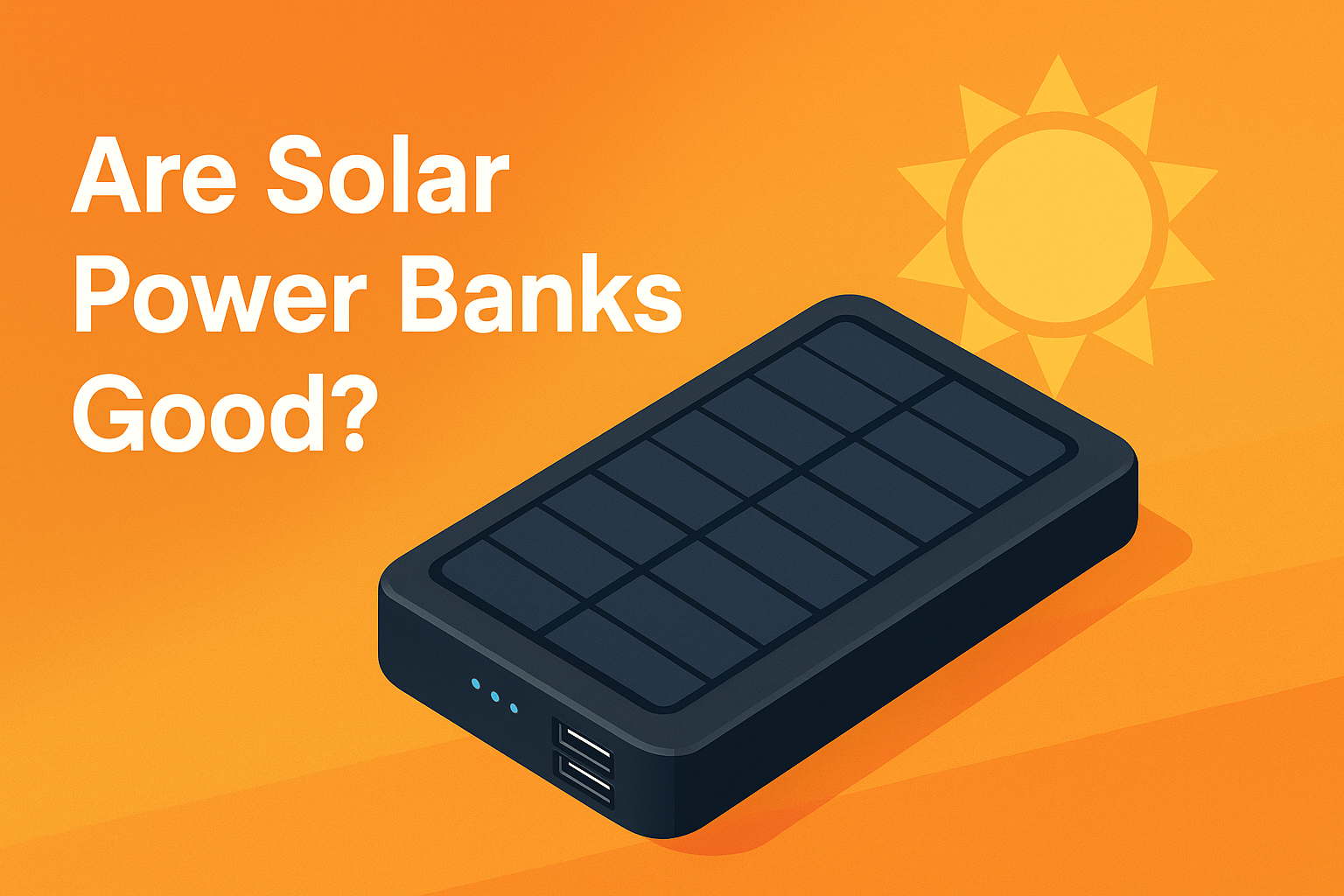As solar energy becomes an increasingly popular choice for homeowners and businesses alike, the importance of efficient energy storage cannot be overstated. Solar batteries allow you to store excess energy generated during the day for use at night or during cloudy periods, maximizing your energy independence and reducing reliance on the grid. But with various types of batteries on the market, how do you determine which is the most efficient for your solar storage needs? In this guide, we’ll explore the most efficient batteries available, their key features, and how to choose the best option for your solar system.
Why Battery Efficiency Matters in Solar Storage
- Maximized Energy Use: Higher efficiency means more of the energy generated by your solar panels is stored and used, rather than lost during the conversion process.
- Cost Savings: Efficient batteries reduce energy waste, lowering your electricity bills over time.
- Longer Lifespan: Efficient batteries typically experience less strain, leading to longer service life and better return on investment.
- Environmental Impact: Better efficiency translates to less energy waste and a smaller carbon footprint.
Types of Solar Batteries and Their Efficiency
- Lithium-Ion Batteries
Efficiency: 90-95%
Pros: High energy density, longer lifespan, lightweight, and low maintenance.
Cons: Higher upfront cost compared to other types.
Best For: Residential and commercial solar systems where space and efficiency are priorities. - Lead-acid batteries (Flooded and Sealed)
Efficiency: 70-80%
Pros: Lower initial cost, widely available, and reliable.
Cons: Shorter lifespan, heavier, requires regular maintenance (especially flooded types).
Best For: Off-grid systems or backup power where budget is a concern. - Flow Batteries
Efficiency: 70-85%
Pros: Long lifespan, scalable capacity, and safe operation.
Cons: Larger size, complex setup, and higher cost.
Best For: Large-scale solar installations and commercial applications. - Nickel-Based Batteries
Efficiency: 65-75%
Pros: Durable, performs well in extreme temperatures, and long cycle life.
Cons: Expensive and less efficient compared to lithium-ion options.
Best For: Industrial and specialized applications.
Top 5 Most Efficient Solar Batteries on the Market
- Tesla Powerwall 2
Efficiency: 90% round-trip efficiency
Capacity: 13.5 kWh
Pros: The Tesla Powerwall 2 is renowned for its sleek design and integrated inverter, making it an all-in-one solution for solar storage. It comes with excellent software for energy management, allowing homeowners to monitor and optimize their energy usage through the Tesla app. It’s also capable of providing backup power during outages, ensuring your home remains powered even when the grid goes down.
Cons: The premium price point may be a barrier for some homeowners, and installation typically requires certified Tesla installers.
Best For: Homeowners looking for a high-performance, integrated solar storage solution that seamlessly blends technology and design. - LG Chem RESU
Efficiency: 95% round-trip efficiency
Capacity: 9.8 kWh
Pros: The LG Chem RESU boasts one of the highest efficiencies on the market, combined with a compact size and high energy density. It’s compatible with various inverters, giving homeowners flexibility in system design. The battery’s lithium-ion technology ensures a long lifespan and minimal maintenance, making it a hassle-free option for residential solar storage.
Cons: While highly efficient, the RESU’s capacity may be limited for larger households, and scalability is somewhat restricted compared to other models.
Best For: Residential users needing efficient, space-saving storage solutions for moderate energy needs. - Enphase Encharge 10
Efficiency: 89% round-trip efficiency
Capacity: 10.5 kWh
Pros: The Enphase Encharge 10 is designed with a modular approach, allowing users to expand their storage capacity as needed. It offers reliable performance and integrates seamlessly with Enphase microinverters, providing a cohesive energy solution. The system’s robust monitoring capabilities let users track performance and optimize energy usage in real time.
Cons: The slightly lower efficiency compared to competitors may deter those focused solely on maximizing energy retention, and the system is best suited for those already using Enphase products.
Best For: Homes with existing Enphase solar systems or those looking for modular, expandable storage options. - Sonnen Eco
Efficiency: 90% round-trip efficiency
Capacity: 4-16 kWh (scalable)
Pros: The Sonnen Eco is a premium solar battery that combines high efficiency with advanced energy management software. It offers a long lifespan and is constructed using eco-friendly materials, appealing to environmentally conscious consumers. Its intelligent software allows for optimal energy distribution and usage, maximizing savings and efficiency.
Cons: The higher cost of the Sonnen Eco places it in the premium market segment, and it may be overkill for smaller households or those with modest energy needs.
Best For: Eco-conscious homeowners seeking sustainable energy solutions with cutting-edge technology and performance. - BYD B-Box Premium
Efficiency: 95% round-trip efficiency
Capacity: Scalable from 5.1 kWh to over 50 kWh
Pros: The BYD B-Box Premium offers unparalleled flexibility with its modular design, allowing both residential and commercial users to scale their storage capacity as needed. It’s compatible with a wide range of inverters and boasts high efficiency, making it one of the top choices for efficient solar storage. Its robust construction and safety features make it a reliable option for long-term use.
Cons: Professional installation is required, and the initial setup can be complex, especially for larger systems.
Best For: Both residential and commercial users need scalable, high-efficiency storage solutions tailored to their specific energy demands.
Key Factors to Consider When Choosing a Solar Battery
- Round-Trip Efficiency: Indicates how much energy is retained during the charging and discharging process. Higher efficiency means less energy loss.
- Capacity and Scalability: Ensure the battery meets your current and future energy needs.
- Cycle Life: The number of charge and discharge cycles a battery can handle before its capacity diminishes.
- Depth of Discharge (DoD): The percentage of the battery’s capacity that can be used without shortening its lifespan.
- Warranty and Support: Look for robust warranties and reliable customer support.
- Compatibility: Ensure the battery integrates seamlessly with your solar inverter and system setup.
Maximizing the Efficiency of Your Solar Battery
- Optimize Solar Panel Placement: Ensure panels are positioned to receive maximum sunlight.
- Monitor Energy Usage: Use smart energy management systems to track and optimize consumption.
- Regular Maintenance: Keep your battery and solar system clean and in good condition.
- Temperature Control: Protect batteries from extreme temperatures to maintain performance.
- Use Energy-Efficient Appliances: Reduce overall energy demand to make the most of stored power.
Conclusion
Selecting the most efficient battery for solar storage depends on your specific energy needs, budget, and system setup. Lithium-ion batteries, particularly models like the LG Chem RESU and Tesla Powerwall 2, offer excellent efficiency and long-term performance for most residential applications. For larger or specialized installations, flow and modular batteries like the BYD B-Box Premium provide flexibility and scalability. By understanding the key features and performance metrics, you can make an informed decision that enhances your solar energy experience and maximizes your investment.
FAQs
- What is the most efficient type of solar battery?
Lithium-ion batteries are generally the most efficient, with round-trip efficiencies of 90-95%. - How long do solar batteries last?
Most solar batteries last between 5-15 years, depending on the type and usage. - Can I add more batteries to my solar system later?
Yes, many systems are scalable, allowing you to add more storage as needed. - Are solar batteries worth the investment?
Yes, especially if you aim to maximize energy independence, reduce electricity bills, and ensure backup power during outages. - Do solar batteries work during a power outage?
Yes, if your system includes a battery and an inverter capable of islanding, it can provide power during grid outages.



